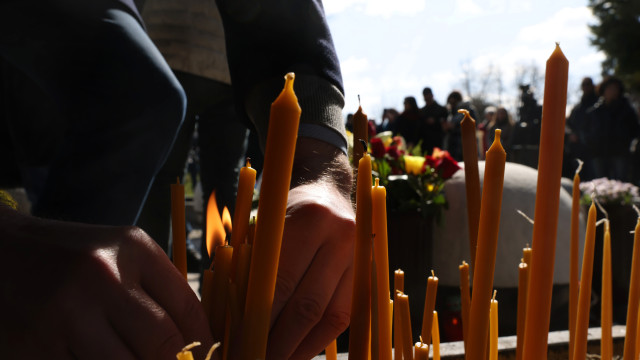Today, Serbia marks 21 years since the assassination of its first democratically elected Prime Minister, Zoran Djindjic, who was the driving force behind the overthrow of Yugoslav dictator and war criminal Slobodan Milosevic, BGNES reported.
On 12 March 2003, at the age of 50, Djindjic was killed in Belgrade by a sniper from an ultra-nationalist special police unit of the Ministry of the Interior of Serbia.
The purpose of the assassination was to stop the launch of his ambitious reform program aimed at bringing his country closer to Europe.
Djindjic, who is a philosopher by education, has been involved in politics since his youth. He is the mastermind of the popular uprising that in October 2000 led to the overthrow of Milosevic.
His government faced two major obstacles - cooperation with the International War Crimes Tribunal in The Hague and the issue of Kosovo, at the time a predominantly Albanian Serbian province seeking independence.
Zoran Djindjic was not very popular during his tenure because of the painful reforms he had to implement, mainly his decision to arrest and hand over dictator Slobodan Milosevic to the Hague Tribunal in 2001. /BGNES







